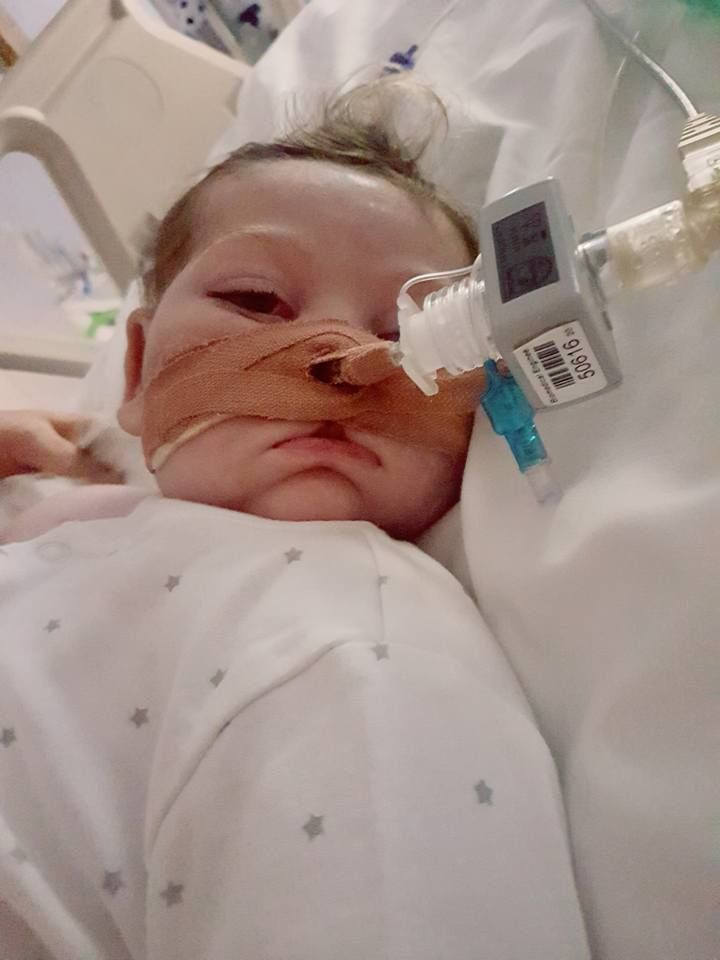Charlie Gard’s Parents Respond To Ruling Taking 10-Month-Old Off Life Support

The parents of 10-month-old Charlie Gard have spoken out following a court ruling stating that their son could be taken off life support. Chris Gard and Connie Yates have been trying to get Charlie to the United States for an experimental treatment for his rare genetic disorder, but Great Ormond Street Hospital in London refused to release him. The European Court of Human Rights ruling Tuesday said the baby would not be allowed to go to the U.S. and that the hospital was no longer obligated to keep him on life support.
“We’ve promised our little boy every single day that we would take him home because that is a promise we thought we could keep,” Yates said in a video statement Friday, according to BBC News. “We were told he has to die in that hospital.”
Read: Charlie Gard To Be Taken Off life Support, Court Rules
The parents said they begged the hospital to give them the weekend in order to allow family members to say goodbye.
“We are utterly heartbroken,” Yates said in a Facebook post Thursday. “Spending our last precious hours with our baby boy. We’re not allowed to choose if our son lives and we’re not allowed to choose when or where Charlie dies. We and most important Charlie have been massively let down throughout this whole process. Charlie will die tomorrow knowing that he was loved by thousands.”
The hospital, however, eventually agreed to give the family more time with Charlie.
“We have been in talks today with Great Ormond Street,” Yates said in another Facebook post Friday. “They have agreed to give us a little bit more time. We are really grateful for all the support from the public at this extremely difficult time. We’re making precious memories that we can treasure forever with very heavy hearts. Please respect our privacy while we prepare to say the final goodbye to our son Charlie.”
Charlie was born in August 2016 with mitochondrial DNA depletion syndrome, a rare genetic condition that causes muscle and organ dysfunction and cerebral disorders. After numerous other treatments had no effect, his parents wanted to take him to the U.S. for an experimental treatment known as nucleoside bypass therapy. The hospital, in turn, said they would not release the boy because the treatment might not be the best course of action.
Charlie’s parents eventually took their case to the European Court of Human Rights, an international court based in France. The court first granted the boy a three-week extension, ending July 10. The extension was revoked in the ruling Tuesday.
Read: What Surgeons Said About Conjoined McDonald Twins Separation
“The domestic courts concluded that it would be lawful for the hospital to withdraw life-sustaining treatment because it was likely that Charlie would suffer significant harm if his present suffering was prolonged without any realistic prospect of improvement and the experimental therapy would be of no effective benefit,” the court said in a press release announcing the decision Tuesday.
The press release also said Charlie was “being exposed to continued pain, suffering and distress and that undergoing experimental treatment with no prospects of success would offer no benefit and continue to cause him significant harm.”
© Copyright IBTimes 2024. All rights reserved.






















